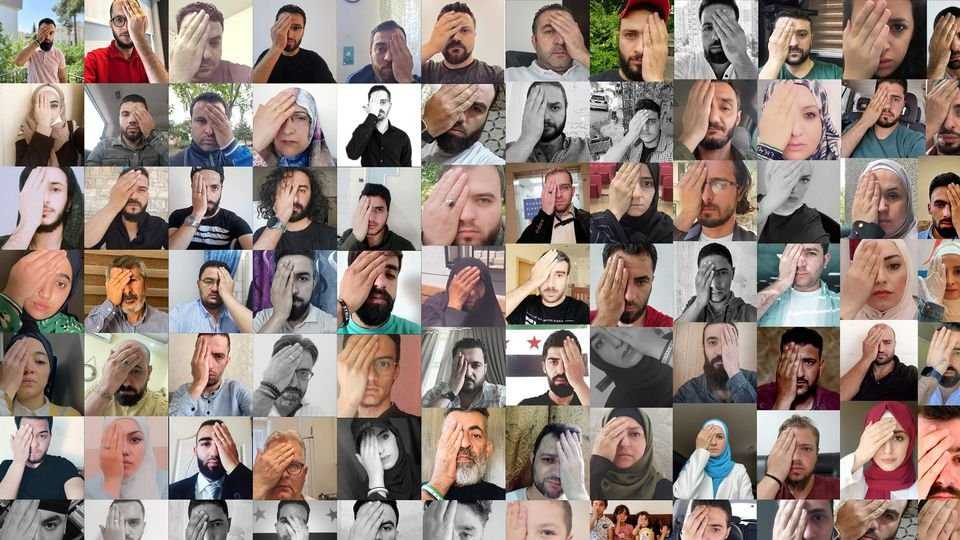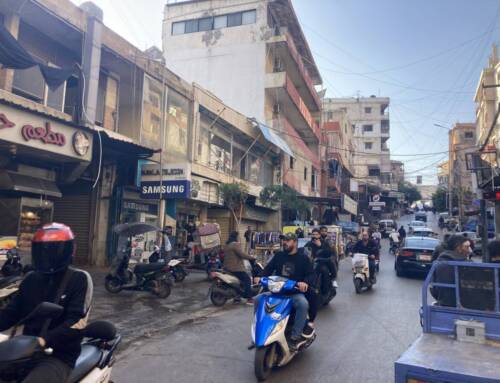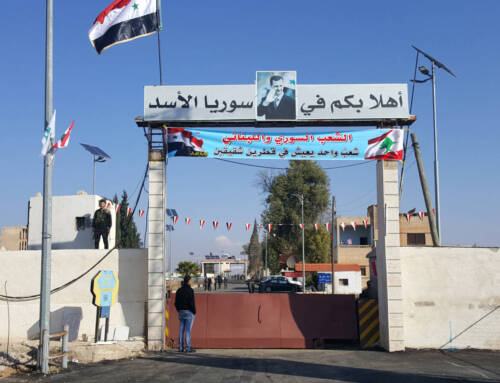Op-Ed: It’s not too late to confront anti-Syrian racism in Turkey
Despite anti-Syrian sentiment and attacks in Turkey, Syrian lawyer Ghazwan Koronfol writes “it is not too late to confront racism and defeat it. It is not too late to dismantle its rhetoric.”
7 June 2022
Syrian refugees in Turkey are facing increasing racism in the country that has hosted them for years. It is escalating and expanding to the point that it cannot hide itself or its ugly face from media lenses and social media spaces.
More striking and painful than the racism itself is some Syrians’ behavior towards their compatriots who are victims of racist acts. Their “fluid” solidarity is such that they almost appear to seek to excuse unwelcome racist rhetoric or justify the aggressive behaviors that Syrians—any Syrian—have become the target of.
This discussion is prompted by a recent incident in which an elderly Syrian woman, Leila Muhammad, was kicked in the face by a Turkish racist, a supporter of the leader of the Victory Party, Ümit Özdağ. He did so on camera, for no reason other than that her dress revealed her Syrian nationality, not caring about any consequence for this reprehensible criminal act. The act was met with great disapproval and rejection from Turkish society itself, especially since Turks are known for their great respect, to the point of sanctity.
In solidarity with the Syrian woman, Turks posted more than five million tweets on Twitter denouncing and rejecting the shameful act against her, according to Turkish writer Celal Demir. That coincided with a large campaign by Syrian activists and media denouncing the abhorrent act, which necessitated a visit to the victim from the Gaziantep governor and his wife, as well as his deputy and other officials, to express solidarity with Muhammad and call for justice.
In the midst of this solidarity, some Syrians shock you with their stances, which they try to dress up in wisdom and loftiness. It starts with a euphemistic condemnation of the act, then disapproval of reposting or sharing the video posted of the kick, under the pretext that it involves the abuse of the woman herself, according to one member of the National Coalition of Revolution and Opposition Forces, who later deleted his post. Or by warning populists like us who are active on social media against harming the relationship between Turks and Syrians, two brother peoples, according to the president of the Coalition himself.
Our shock lies not only in those lackluster expressions of displeasure or disapproval of the criminal, racist act, but also that the act is neither new nor unexpected. It was the culmination of at least four years of racist incitement and hate-filled rhetoric against Syrian refugees by political leaders, public figures, journalists and the media that contributed to mobilization and incitement. Have those blusterers themselves—those who claim to represent Syrians—bothered to communicate with politicians and media figures to vent the tension? Have they asked those figures to clarify the seemingly ignored facts about the reasons and causes for Syrians seeking asylum, and the lies about this? Or about the legal obligations of the Turkish state regarding refugees and their rights, which are clarified by many Turkish human rights activists and activists, while “our representatives” are content to reprimand and warn us that strife between our closely tied peoples is not the way.
There are some Syrians who seem to enjoy others’ misfortune and always blame the victim, under the heading “stranger, be polite.” It is as though this stranger is someone stripped of rights, who should not scream or express pain if insulted, attacked, or kicked in the head!
Racism exists in all societies to varying degrees. It is not our job as refugees to address this issue in the societies that host us. That is the state’s task. Under its authority and laws, it must confront hate speech and racist behavior by various means and tools—legal, educational, awareness-raising, and societal. When it does—and it must—it fortifies its society first of all. Secondly, it bestows the protection it has committed to upon those who have sought refuge in it. This is part of its responsibilities and obligations under international law.
Therefore, the Turkish authorities need to draft and pass a law criminalizing racism. The levels of racially motivated violence, which claimed the lives of dozens of Syrians over the past four years, have become clear. Meanwhile, the paths to justice for these victims remain long and winding.
As for us, as Syrian refugees, with conscious and disciplined behavior grounded in respect for the host country’s laws, customs and values, we can ensure there are no excuses for racist rhetoric and behavior for hateful people and racists to exploit.
Further, we must not be inferior or submissive to anything other than the authority of the law and its obligations. We must reorganize the ranks and work to create representative bodies for Syrians at the provincial level. These bodies must be agile, meeting Syrians’ legitimate needs and demands. They must be capable of representing them, which we have failed to achieve over the past years. We must also stop relying on the current opposition institutions, which have proven incapable of bearing the responsibility.
It is not too late to confront racism and defeat it. It is not too late to dismantle its rhetoric with legal tools, community awareness, open conversations and transparency in conveying and circulating information. And before and after all that, it is not too late to stop exploiting the Syrian issue in political and electoral conflicts. It is not too late to deal with it as a human rights, legal and humanitarian issue. Nothing more.
This article was originally published in Arabic and translated into English by Mateo Nelson.







